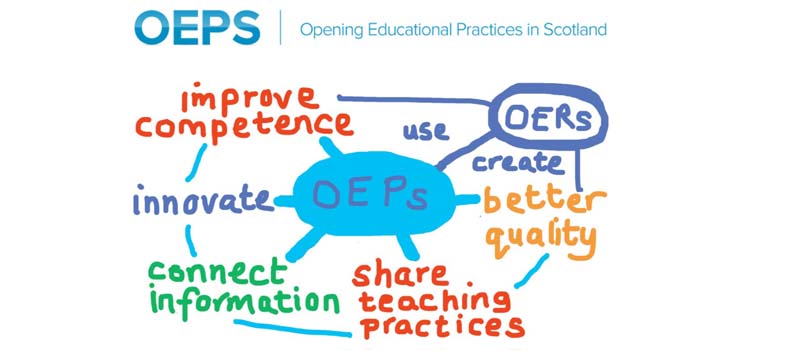2 Learning in groups
Informal learning takes place in a myriad ways but almost always in social contexts where the learner learns from and with others. Despite this, because learning is also intensely personal, most prospective learners are both excited and nervous at the prospect of beginning a new course.
Almost everyone is familiar with the classroom model of learning where a teacher or tutor leads the development of the course. But other ways of organising learning are also valid. One model that has a long history is the study group. An example of a study group that most people will have heard about (even if they’ve never been involved with one) is the ‘book group’.

Activity 6
Pause for a moment to think about how book groups work and why they are popular.
Discussion
You might have noted that:
- In a book group everyone’s equal – there’s no expert or teacher
- Mostly the reading takes place elsewhere
- Members come together to discuss, ask questions and share ideas
- Each individual benefits from the shared experience of the whole group
- It is a social activity
You may have to convince your learners that the study group model works when the course material is an online course. The analogy with a book group is a strong one and we have found it helpful in convincing people. For our purposes the free online course takes the place of the book. It is a source of information, ideas and activities. The study group allows learners to come together to share, explore parts of the course they have found difficult; discuss, debate and give mutual support. In addition, they can support each other in developing the digital skills needed to learn effectively online.
It is important to stress that teacher-led groups and more informal, self-organised study groups have different strengths and weaknesses. It is not the case that one or the other is superior, both have their place.
1.5 Section Summary
